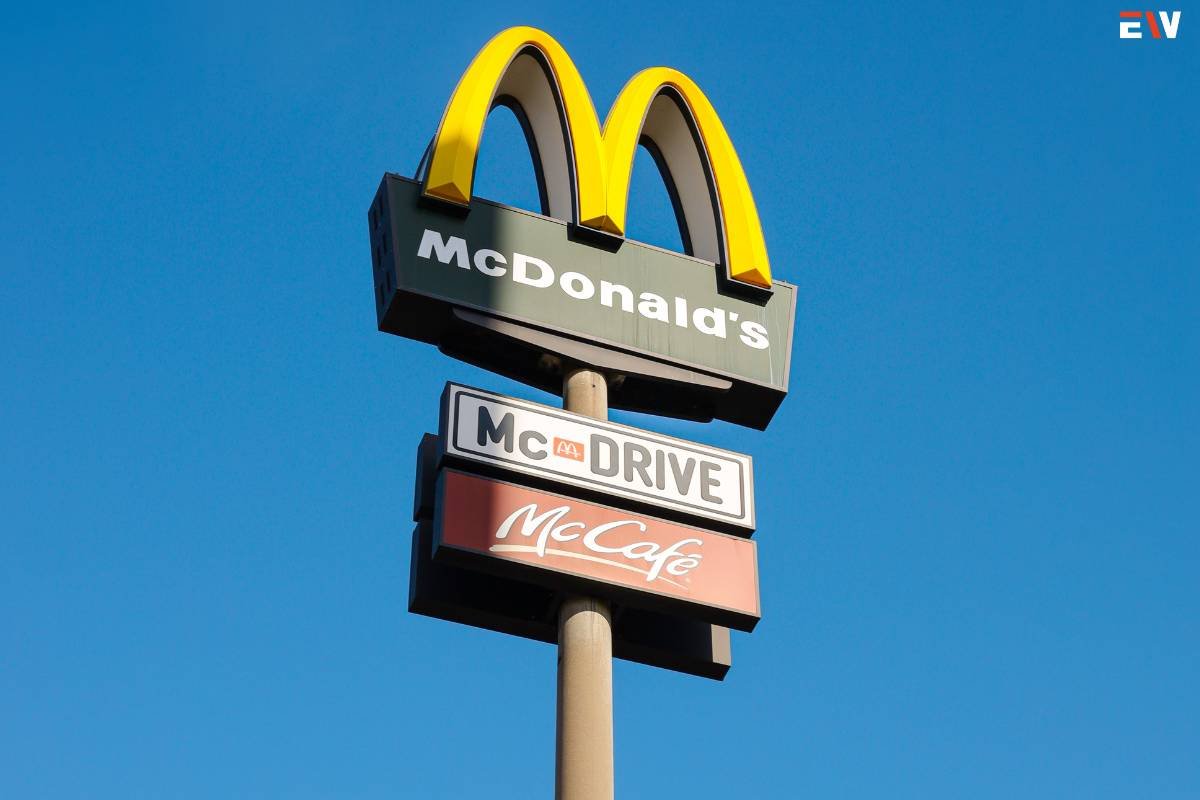In a recent ruling, a federal judge in Brooklyn has dismissed a lawsuit against fast-food giants Wendy and McDonald, which accused the companies of exaggerating the size of their burgers in advertisements.
The Decision
In a comprehensive 19-page decision delivered on Saturday, Judge Hector Gonzalez of the U.S. District Court for the Eastern District of New York determined that there was no evidence to suggest that the popular fast-food chains delivered smaller burgers than advertised, and therefore, had not misled customers.
The lawsuit, filed by Justin Chimienti of New York in 2022, alleged that Wendy and McDonald engaged in deceptive advertising practices by presenting burgers in a way that differed significantly from what customers received. Chimienti claimed that the size of the burgers, particularly Wendy’s Bourbon Bacon Cheeseburger and McDonald’s Big Mac, were grossly overstated in advertisements.
However, Judge Gonzalez pointed out that there was uncertainty regarding whether the plaintiff had even seen the specific ads he cited as examples in his complaint. The ruling emphasized that the companies’ use of visually appealing images to showcase their products was a common marketing strategy, and Wendy and McDonald were no exception.
Wendy and McDonald sued over burger sizes
Chimienti’s Complaint
Chimienti’s complaint asserted that the companies utilized undercooked beef patties in their advertising to compensate for the expected shrinkage of meat during the cooking process. The lawsuit featured cropped photos of burgers from ads compared to images shared on social media by customers, alleging a significant disparity.
Both McDonald’s, headquartered in Chicago, and Wendy’s, based in Dublin, Ohio, have not immediately responded to requests for comment. The plaintiff’s lawyers also remained silent on the recent development.
Other Legal Actions
This lawsuit is among several recent legal actions targeting fast-food chains for alleged misrepresentation in their advertising. In August, a federal judge in Miami refused to dismiss a class-action lawsuit against Burger King, claiming the overstatement of meat content in the Whopper burger. Additionally, Taco Bell faces a separate lawsuit accusing the chain of overstating the amount of beans and meat in some menu items, including the Mexican Pizza and Crunchwrap Supreme.
While the dismissed lawsuit sought unspecified monetary damages, it serves as a reminder of the ongoing scrutiny that major fast-food companies face over the accuracy of their advertising claims. The ruling underscores the importance of clear evidence in such cases, indicating that visual marketing practices, even if deemed exaggerated, may not necessarily translate to intentional deception.










